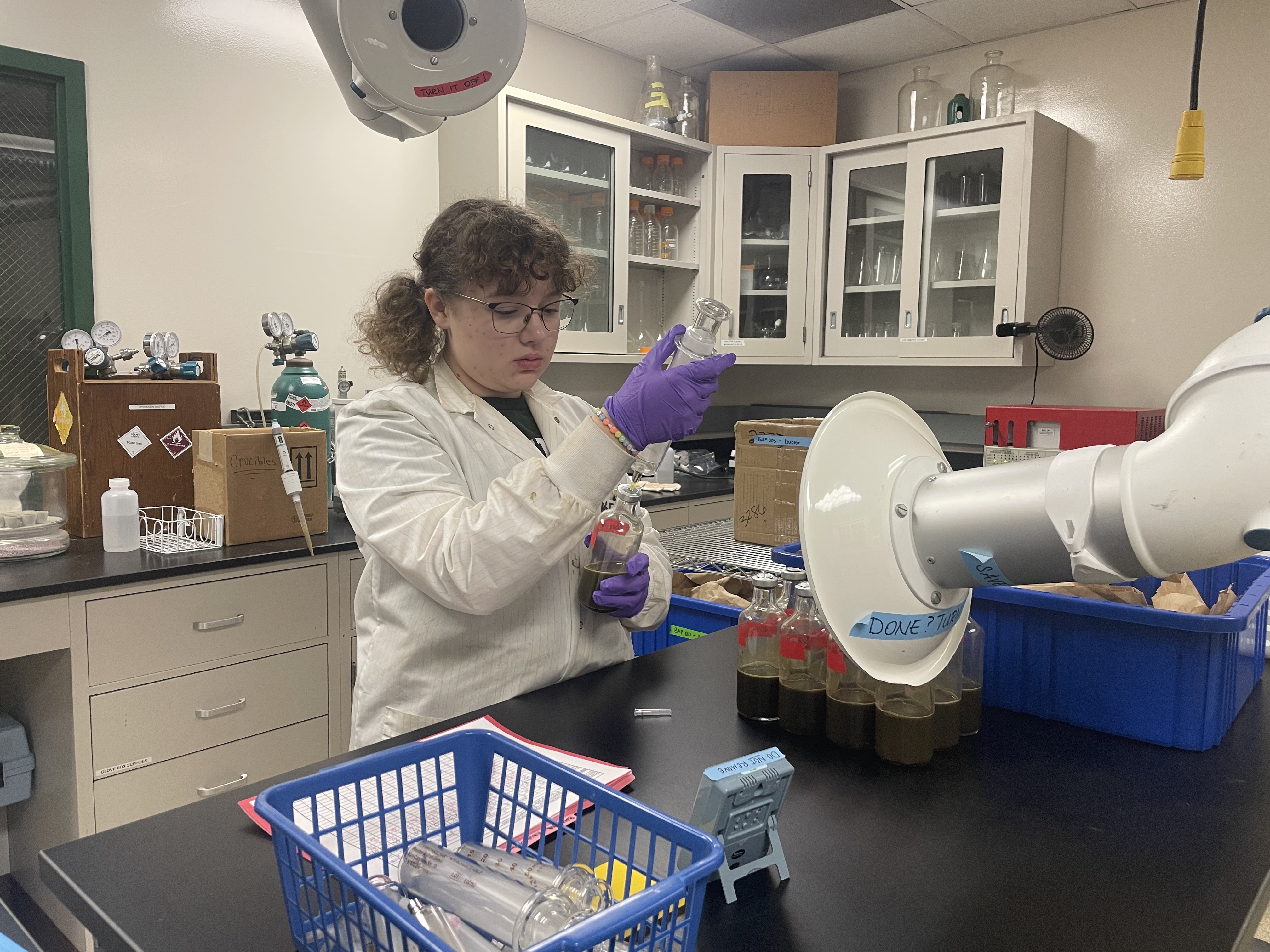ADREC continues to be a leader in waste-to-energy solutions
ADREC can carry out research and development projects from small bench scale to large demonstrations, utilizing the variety of technology available there
The Anaerobic Digestion Research and Education Center (ADREC) at Michigan State University (MSU) was established in 2008. Its goal is to create a platform for multidisciplinary, multiinstitutional, and multinational collaborations that will develop sustainable waste-to-resource solutions and address current and future waste management issues. ADREC can carry out research and development projects from small bench scale to large demonstrations, utilizing the variety of technology available there. ADREC manager Sibel Uludag-Demirer, Ph.D., has helped establish ADREC as a leader in waste-to-resource solutions.
“The activities in ADREC concentrate in anaerobic digestion science and technology, with impacts beyond the conversion of waste to energy by integrating systems to solve real-life problems, such as the farm-based Electric Vehicle (EV) charger fueled by natural gas produced from the anaerobic digestion of manure.” said Uludag-Demirer “The capacity of ADREC facility for hands-on learning makes it one of a kind for teaching and extension programs as well.”
Due to the nature of anaerobic digestion, many projects take a few months at minimum before any results can be seen and biomethane potential (BMP) of a feedstock is the first data necessary for considering anaerobic digestion as a viable option for renewable natural gas (RNG) production. This year, ADREC partnered with the companies in RNG and bioenergy sector in addition to agricultural and food industry, and project developers to conduct biomethane potential (BMP) testing on various biomass samples. BMP is a laboratory test measuring the amount of methane gas produced from organic materials under controlled anaerobic conditions. BMP is used in many funding applications linked to tax credits. ADREC utilized the BMP results in the development of anaerobic digestion process for four different feedstocks in pilot scale reactors (350 L), and operated the reactors from February until November 2024. The project was one of a kind as real scientific data were used for project development.
Substantial manpower is needed to ensure that long-term projects run as designed. ADREC currently has six graduate students and four undergraduate students working at the center. The students help with various projects, and some of their work is wholly or partially funded by companies partnering with ADREC.

“In ADREC, students are very important in carrying out research studies and developing new AD technologies.” said Uludag-Demirer “ADREC has a tradition of working with undergraduate students to raise awareness in careers in clean energy industry, particularly biogas production. The students work in the lab learning standard testing methods of samples and operating and monitoring different types of anaerobic digesters before starting to work on their undergraduate or graduate level research projects. We plan to expand these efforts in education soon by organizing workshops, summer schools, and creating internship opportunities.”
Centers like ADREC allow students to gain hands-on experience in areas related to their fields of interest. Allowing students to be part of the process of running larger-scale experiments help them to choose their career paths especially if they are interested in joining the workforce for clean and renewable energy.



 Print
Print Email
Email




